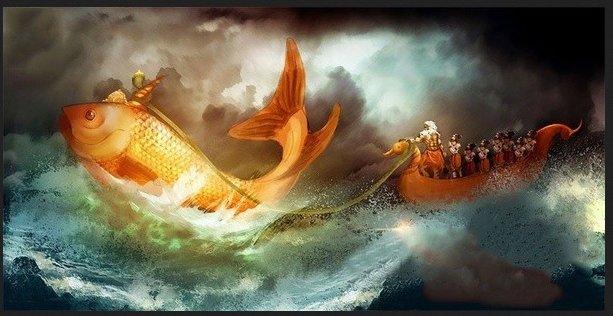Since then the country has retained its democratic character with free and fair elections. It has also remained a Constitutional Republic - the central and state govts, notwithstanding all their foibles, have mosty adhered to the Constitution
There are three principal ones, which we can examine separately.
These are sincere, well meaning men and women who are rooted in tradition and the Hindu way of life.
These regions feel the dominant culture of India is that of the Hindi heartland.
A Hindu brahmin from UP may be very susceptible to Stress 2 but not Stress 1 and Stress 3.
Do we just keep quiet and continue with status-quo (as is the case today)? Do we resort to authoritarian rule (of either left-wing or right wing variety)? Do we downplay these stresses?
We have two houses.
A popularly elected lower house - Lok Sabha (where seats are allocated to each state based on their populations)
A somewhat inchoate chamber, whose members are elected by state legislatures for the most part.
It is a house of politicians elected by other politicians. Strange
A Tri-cameral legislature
This Sabha will be designed to quell Stress 3 and to a lesser extent Stress 1.
It will comprise of 87 seats only - 3 per state, and there are 29 states
Leaders who will need to speak to the state as a whole to get elected, and not merely their constituency.
I suggest Chamber 3 - which I prefer to call “Pradhan Sabha”
Let’s think of it as a 100 member body.
Another third of them will be princes / princesses from erstwhile princely states.
And the last third can be the captains of Industry / big business
Alternatively there can be a common electorate with property / educational qualifications to give the house a middle-class orientation
And will be well placed to push those items that concern middle India - concerns that get lost today in the melee of populist politics, which tends to ignore the middle class, and Hindu conservatism
Chamber 2 is modeled on the American Senate that has 100 members - 2 per state. Chamber 3 is partly modeled on the British House of Lord's (which to this day has a section comprised of hereditary peers)





